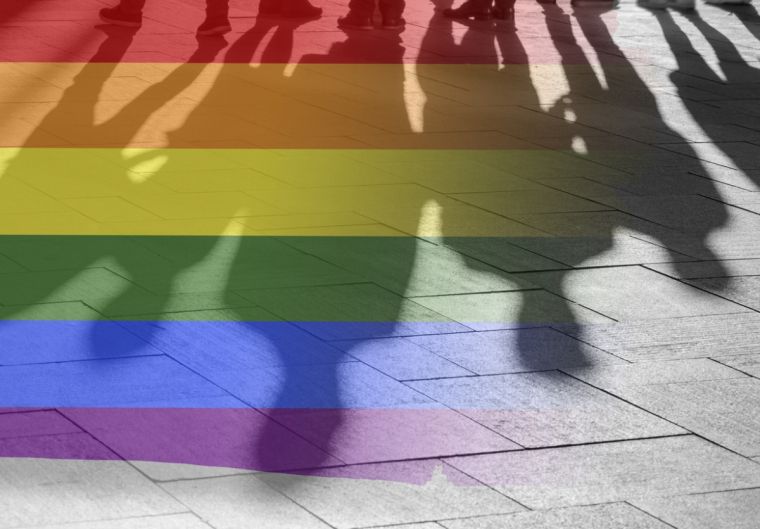Queen's Speech confirms legislation to ban conversion therapy

Plans to bring forward legislation outlawing so-called conversion therapy were detailed in the Queen's Speech on Tuesday.
The speech confirmed that transgender people will not be covered by the ban: "Recognising the complexity of issues and need for further careful thought, we will carry out separate work to consider the issue of Transgender Conversion Therapy further."
The legislation will only fully cover under-18s, with adults allowed to consent to the therapy.
The plans were confirmed by the government despite an angry backlash from LGBT campaigners who are pushing for transgender people to be included in the ban.
Simon Calvert, spokesperson for The Christian Institute's Let Us Pray campaign, has warned against legislative overreach and said that the Bill must not be allowed to become a form of blasphemy law that criminalises the expression of certain opinions.
"Everyone deserves to be protected from verbal and physical abuse. But No.10's leaked memo on conversion therapy confirmed that LGBT people are already protected by existing law, a point made by former No.10 Director of Legislative Affairs, Nikki da Costa," he said.
"The memo also admitted that 'the evidence base for further legislative measures on conversion therapy is weak'. There is always a danger of unintended consequences in any piece of legislation but legislating blind, in the absence of an evidence base, is especially dangerous.
"Pursuing this Bill seems to be more about placating angry backbenchers than addressing an actual gap in the law."
Mr Calvert expressed concern about calls from LGBT campaigners for the ban to include "gentle, non-coercive prayer" and the teaching of abstinence, and from Humanists UK asking that it include confession and repentance.
His concerns have been echoed by Jason Coppel QC who in his expert legal advice warned that a broadly worded ban could criminalise Christian parents and the ordinary work of churches, including prayer, pastoral conversations and preaching.
"The Government says it wants to protect religious freedoms in the legislation but many of those calling for the ban simply do not agree with them," Mr Calvert continued.
"They want the ban to be a new speech crime – a kind of LGBT blasphemy law – to criminalise those who express the 'wrong' opinions.
"By pushing forward with a ban the Government risks handing these activists a veto on the ordinary, innocent, everyday practices of churches."











